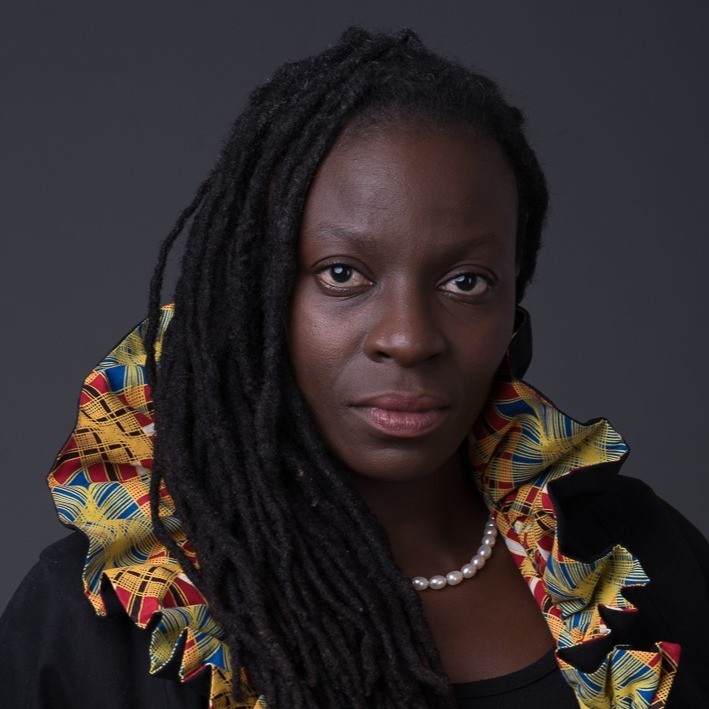In this session, we welcomed Joy Owango, Project Lead at Africa PID Alliance, who gave her presentation on the role of persistent identifiers (PIDs) in protecting African innovation, indigenous knowledge, and cultural heritage. Joy walked us through how PIDs can ensure visibility, recognition, and long-term access to Africa’s diverse intellectual and cultural contributions.
Watch the recording
The slides are available at https://africarxiv.ubuntunet.net/handle/1/1499
Summary Session
The session on Persistent Identifiers (PIDs) underscored their vital role in securing and preserving African indigenous knowledge and cultural heritage. By assigning unique, permanent identifiers such as DOIs and ORCID iDs to assets like oral histories, traditional medicines, and artworks, PIDs ensure these contributions are permanently visible, citable, and attributed correctly on a global scale. This digital identity allows African communities to tell their own stories with respect and credit.
The Africa PID Alliance is actively working with institutions in Kenya, Ghana, and Nigeria to implement PIDs for local research datasets and cultural collections. A notable initiative involves tagging university archives’ digitized indigenous knowledge to enhance their discoverability and acknowledgment. Despite challenges like limited awareness, infrastructure constraints, and funding gaps, the Alliance addresses these through extensive outreach, training, and partnerships with regional and international bodies providing technical and financial support.
Capacity-building efforts involve community-driven workshops that engage local leaders, librarians, and scholars to co-create metadata standards reflecting local values and languages, emphasizing respectful, participatory digitization practices. African governments and policymakers are encouraged to embed PIDs within national research and heritage frameworks, supporting infrastructures that elevate African innovation and cultural heritage both locally and globally.
African researchers and institutions can learn from this session the importance of digital identity for recognition and traceability, ethical preservation of indigenous knowledge, access to PID infrastructures, capacity building for digital curation, and the critical role of policy in sustaining digital knowledge systems. Joining the Africa PID Alliance connects them to a pan-African movement fostering collaboration, visibility, and the long-term safeguarding of African scholarship and heritage.
Speaker’s profile

Joy Owango
Joy Owango is an award-winning Founding Director of the Training Centre in Communication (TCC Africa), a registered trust in Kenya established in 2006. TCC Africa is the first African-based training center focused on teaching effective communication skills to scientists.
Ms Joy Owango is also the project lead at the Africa PID Alliance, an organization whose mission is to secure the future of African Innovation, Indigenous Knowledge, and Cultural Heritage.
Ms. Owango has a proven history of working in higher education across private, university, and non-governmental sectors. She was a successful higher education practitioner with Clarivate Analytics and has collaborated with the governments of Kenya, Tanzania, Rwanda, Mauritius, Ghana, Senegal, Burkina Faso, among others.
As the Director of TCC Africa, she is currently working with 15 African countries that have committed to spending 1% of their GDP on higher education and research and development. Her achievements in enhancing higher education and research capacity in Africa were recognized by The Organization of Women in Science for the Developing World, by UNESCO during the 2021 International Day for Women in Science.
LinkedIn: / Joy Owango/
ORCID: 0000-0002-3910-2691
Related resources
- Africa PID Alliance’s website
- Community Statement: Enhancing Africa’s production of PIDs
- Africa PID Alliance concept note
About the webinar series
This webinar was co-organized by UbuntuNet Alliance and Access 2 Perspectives as part of the ORCID Global Participation Program.
ORCID is the persistent identifier for researchers to share their accomplishments (research articles, data, etc with funding agencies, publishers, data repositories, and other research workflows.
AfricArXiv is a community-led digital archive for African research communication. By enhancing the visibility of African research, we enable discoverability and collaboration opportunities for African scientists on the continent as well as globally.
